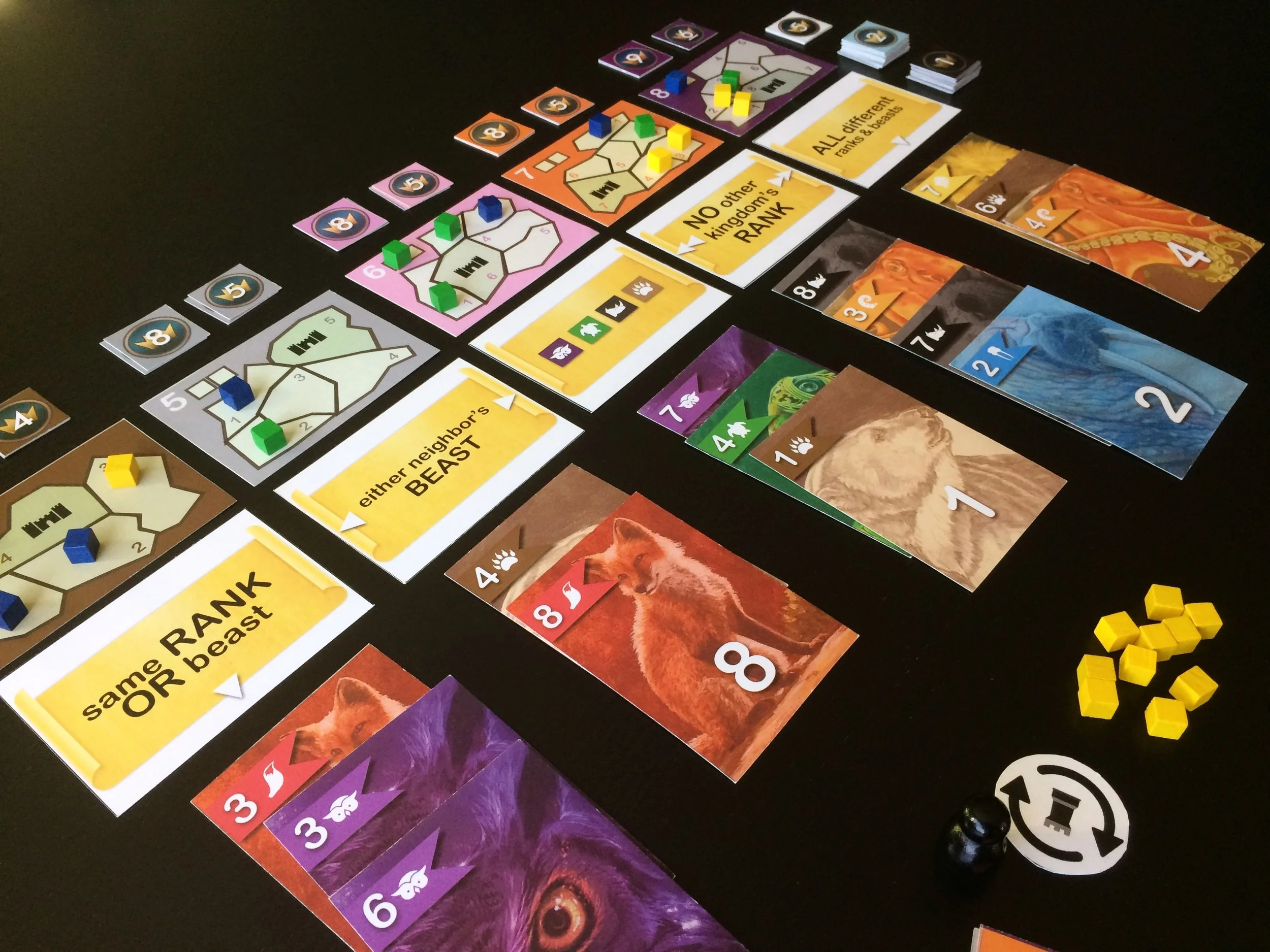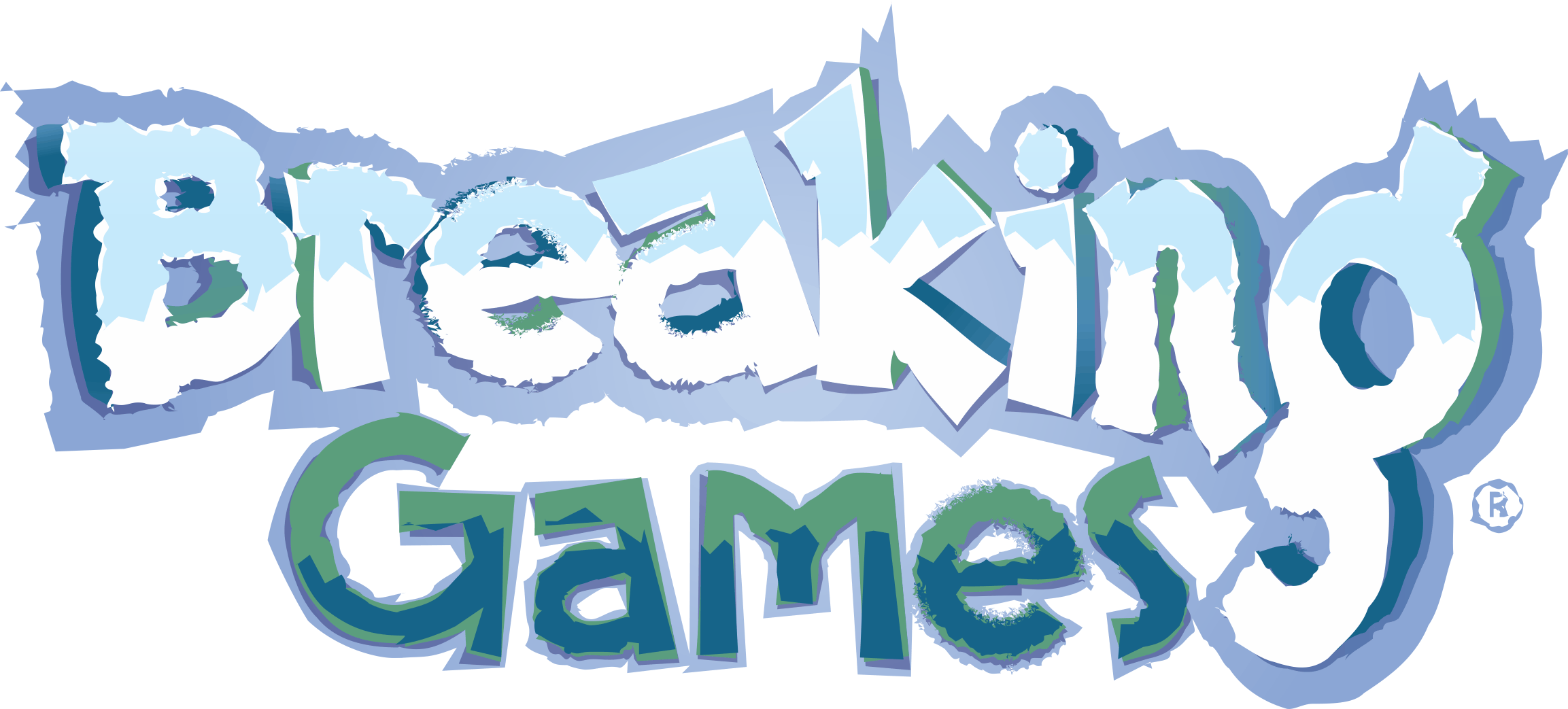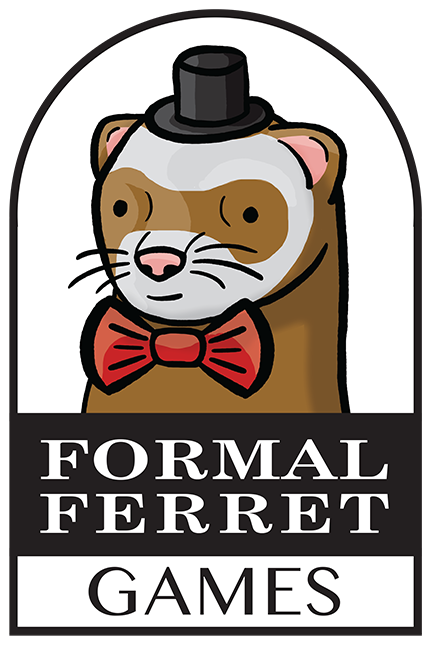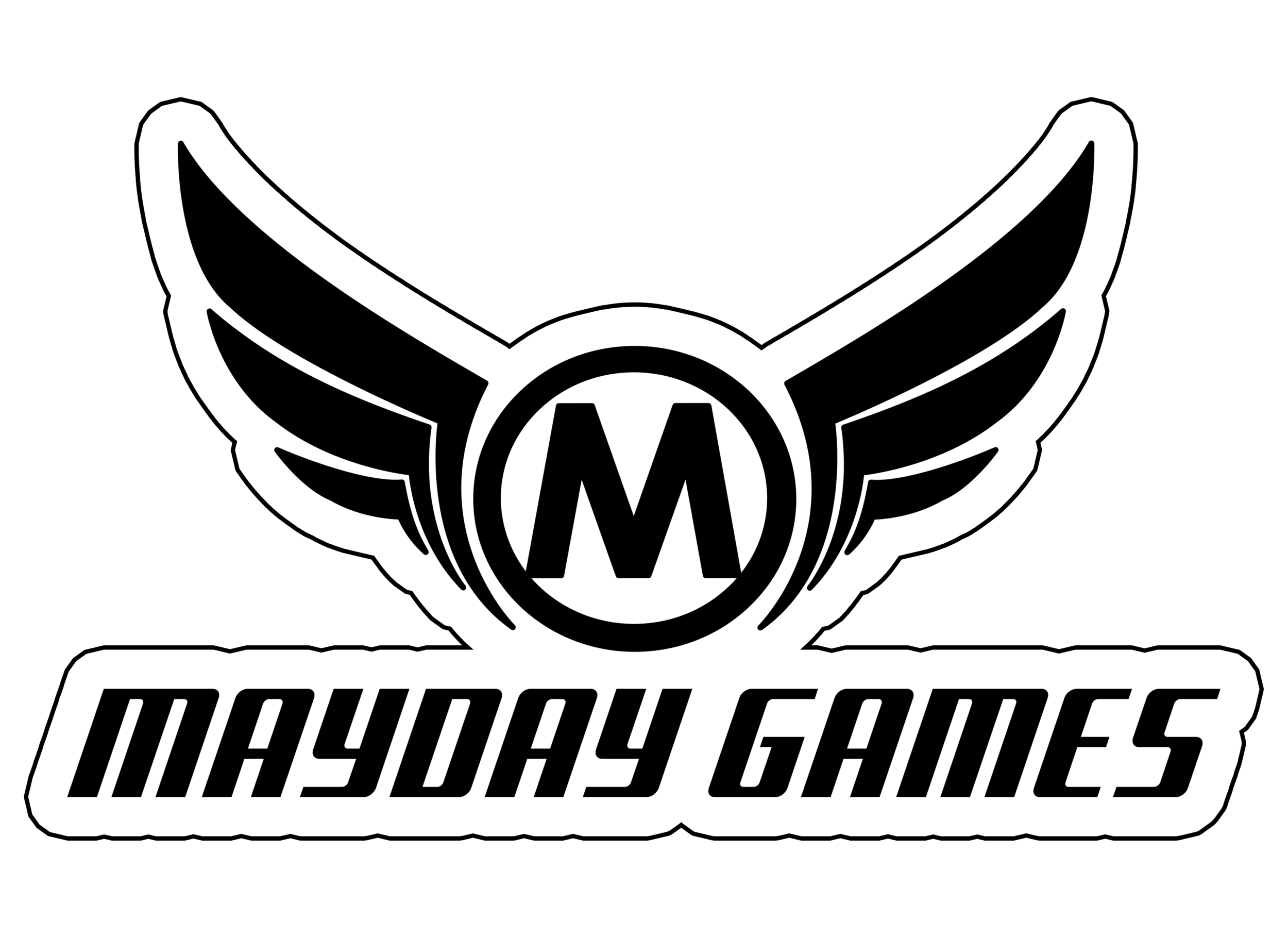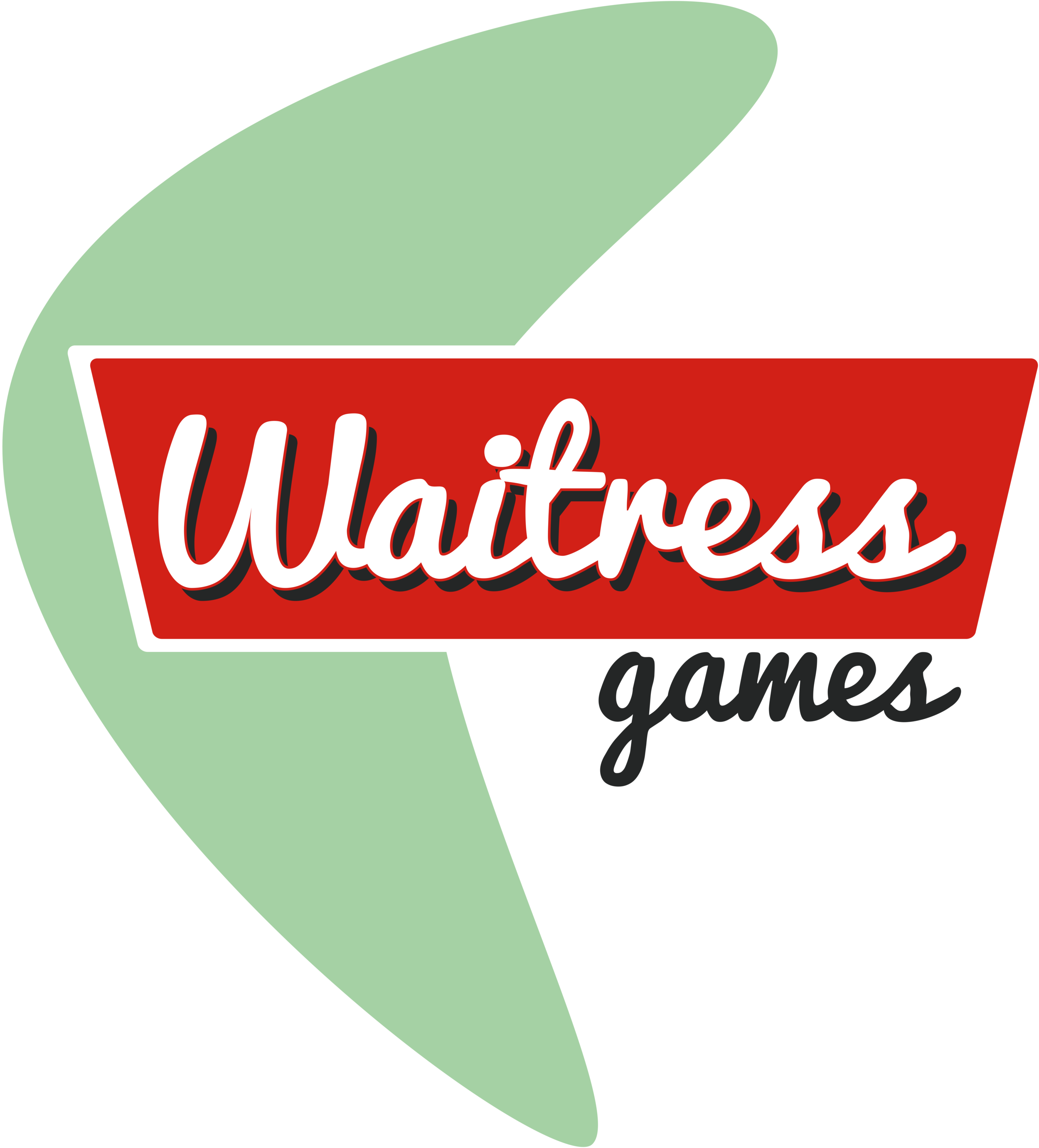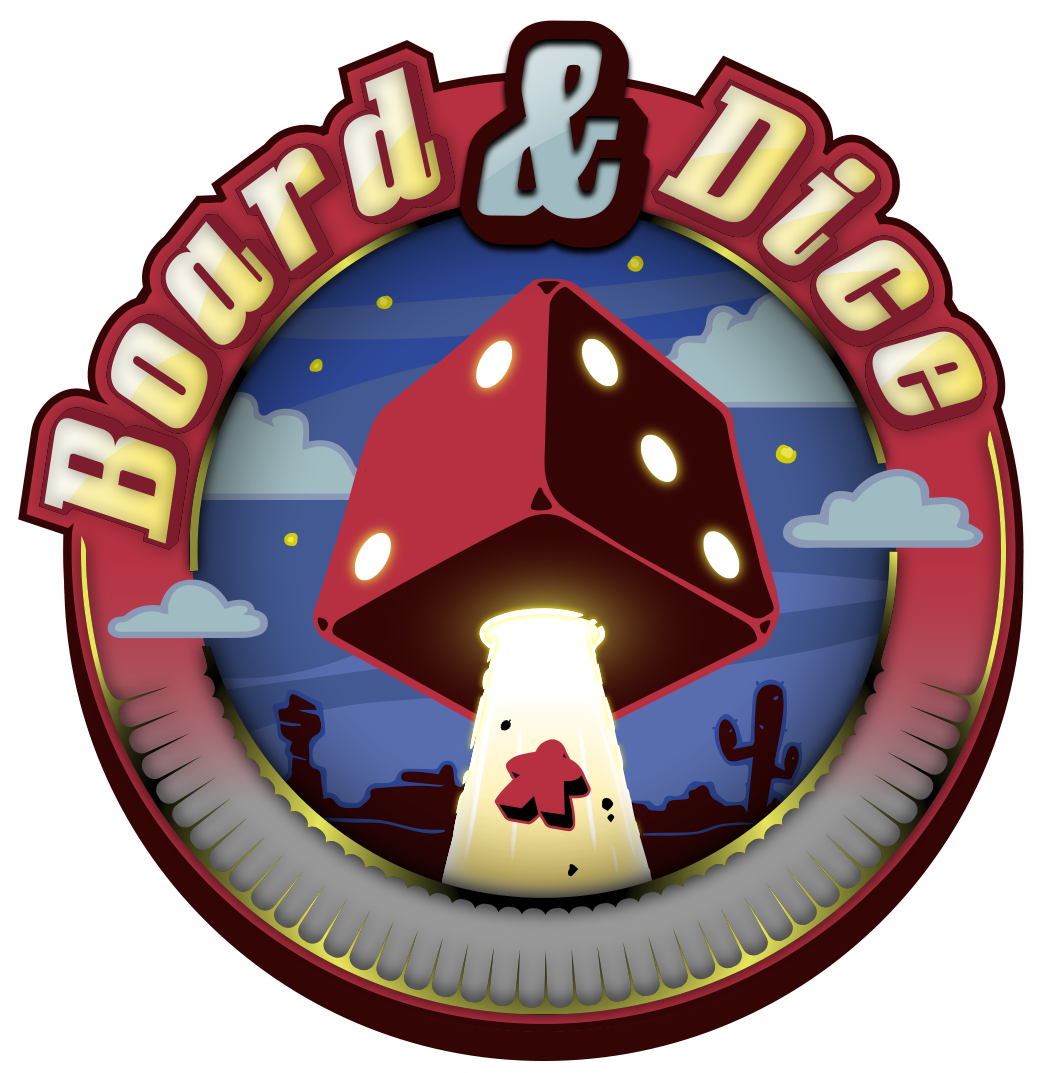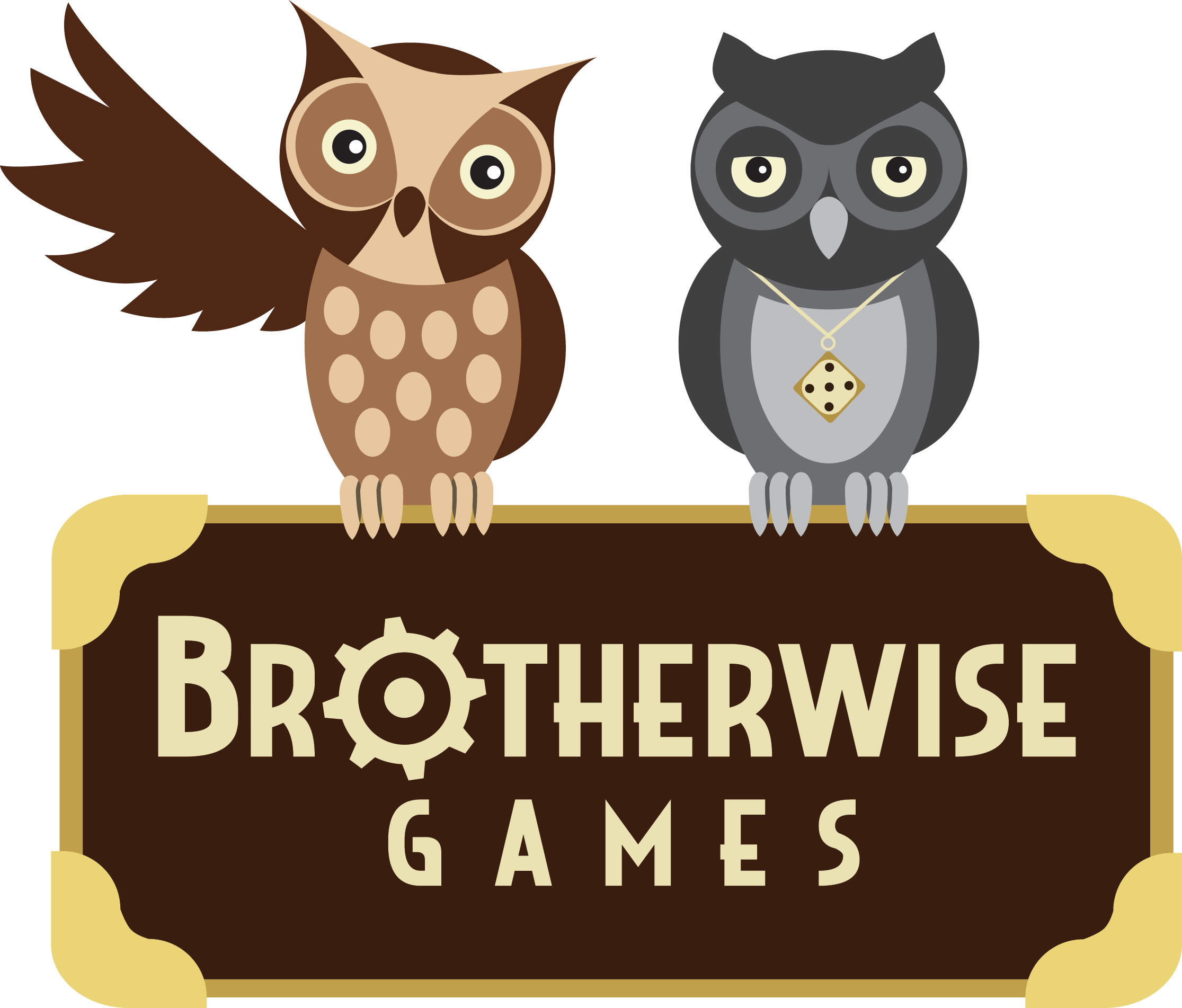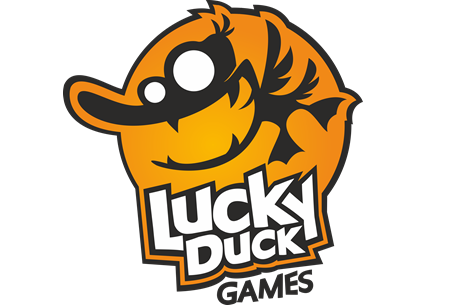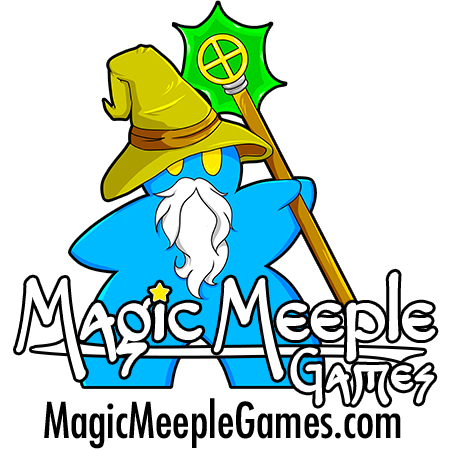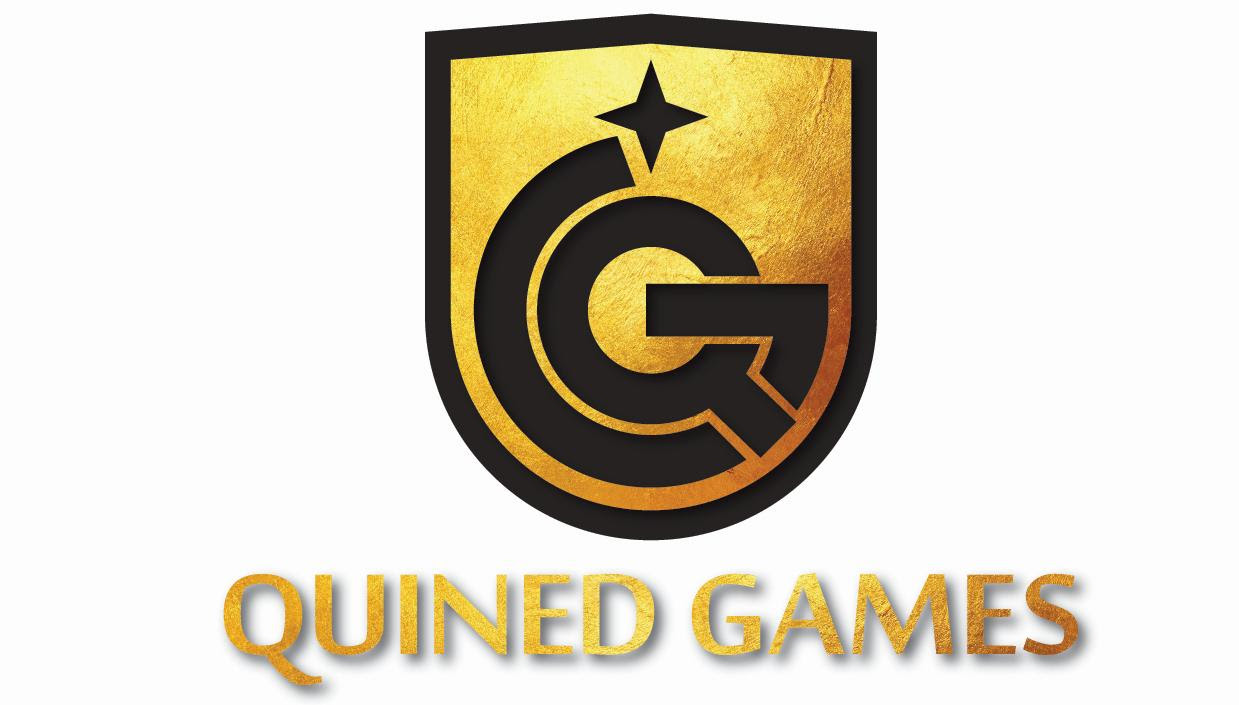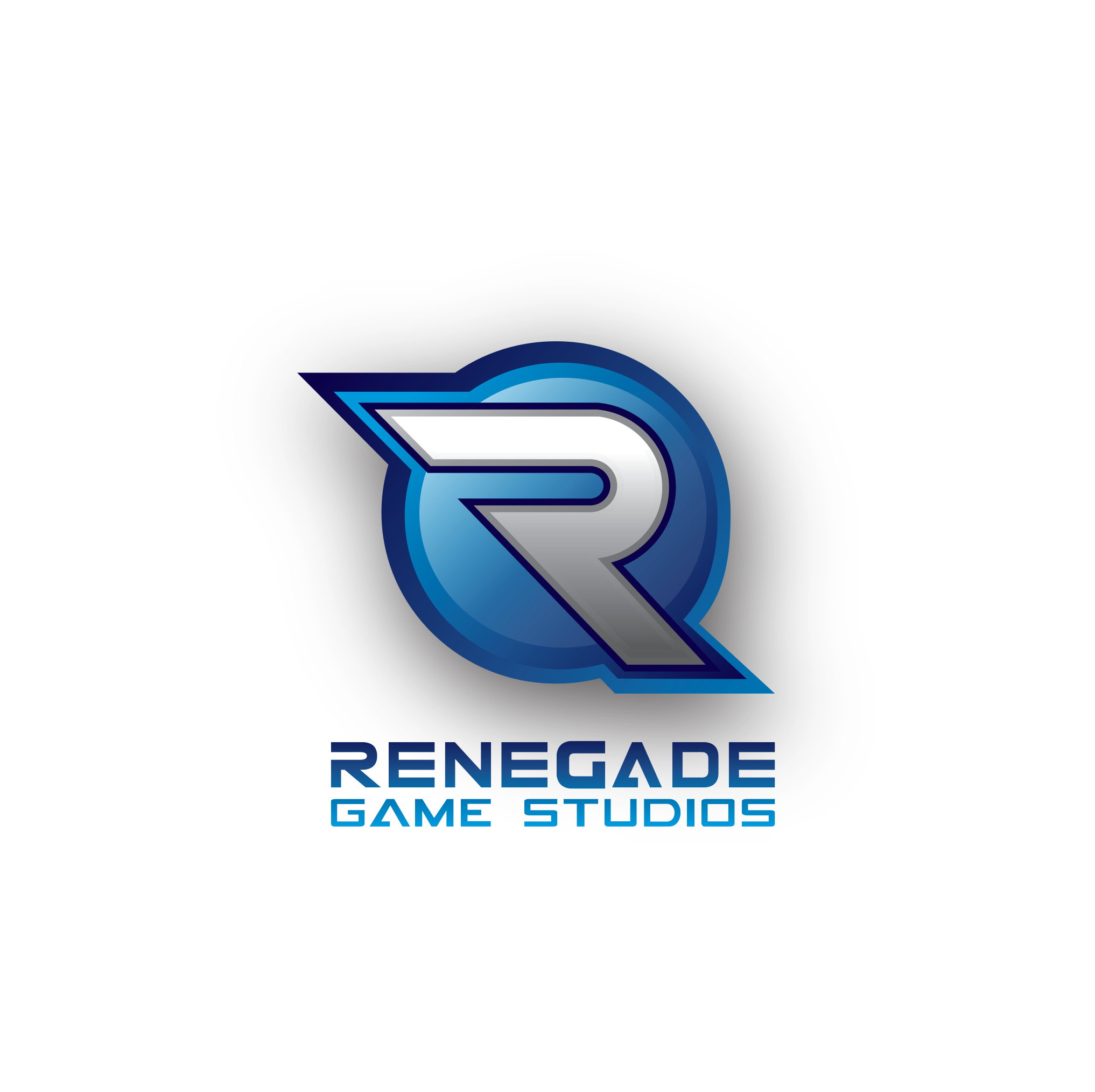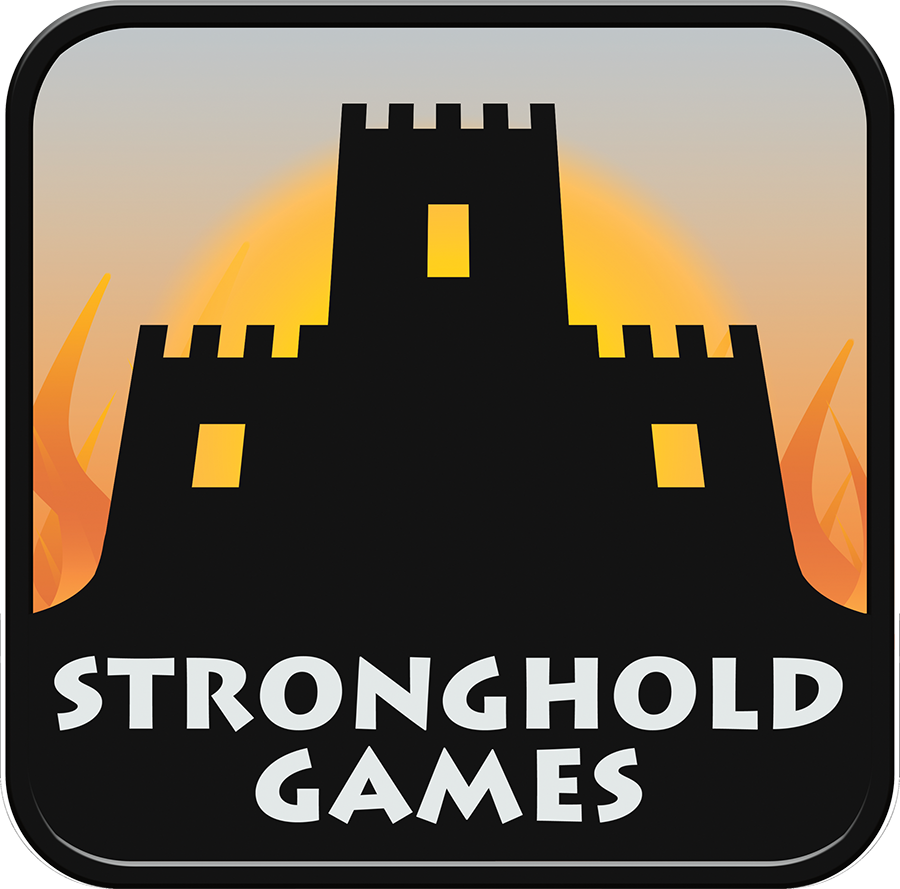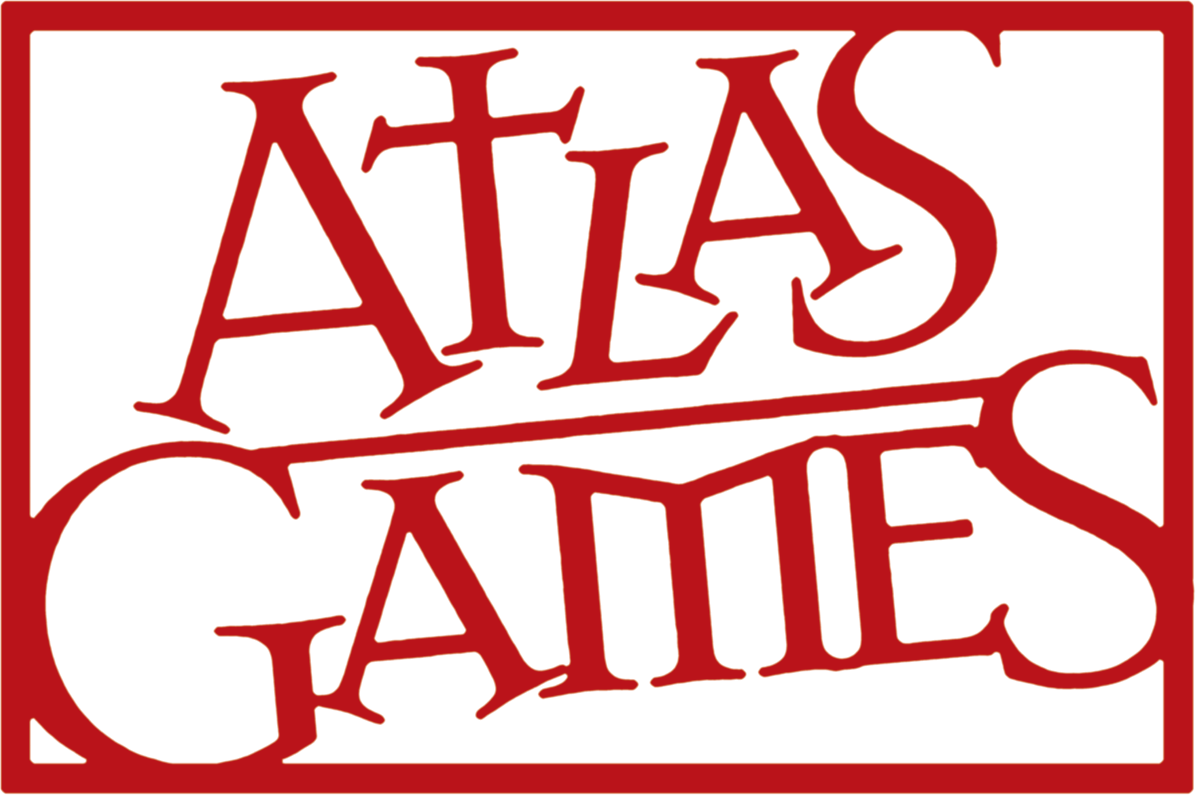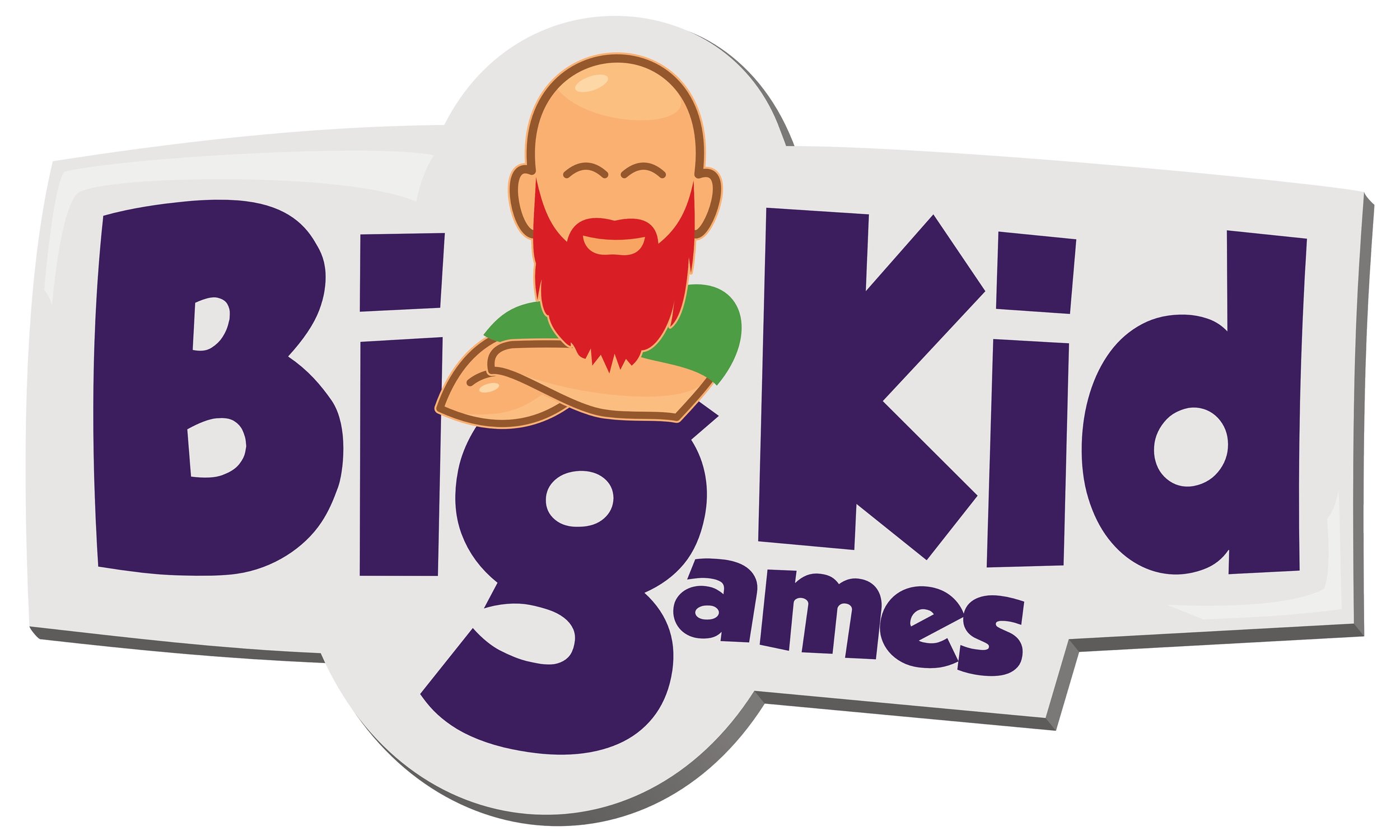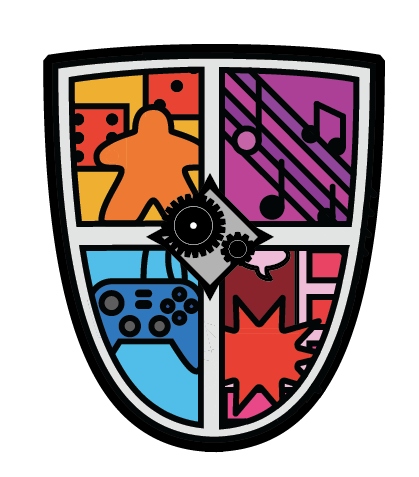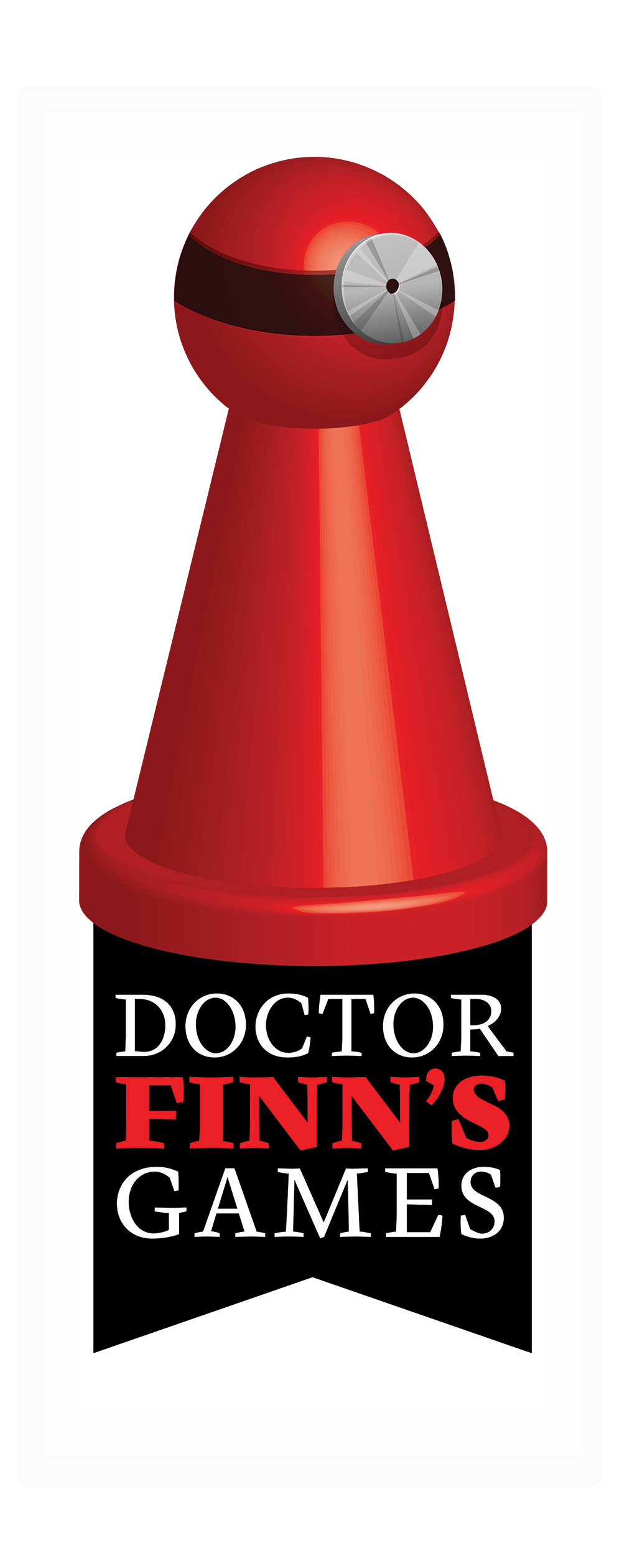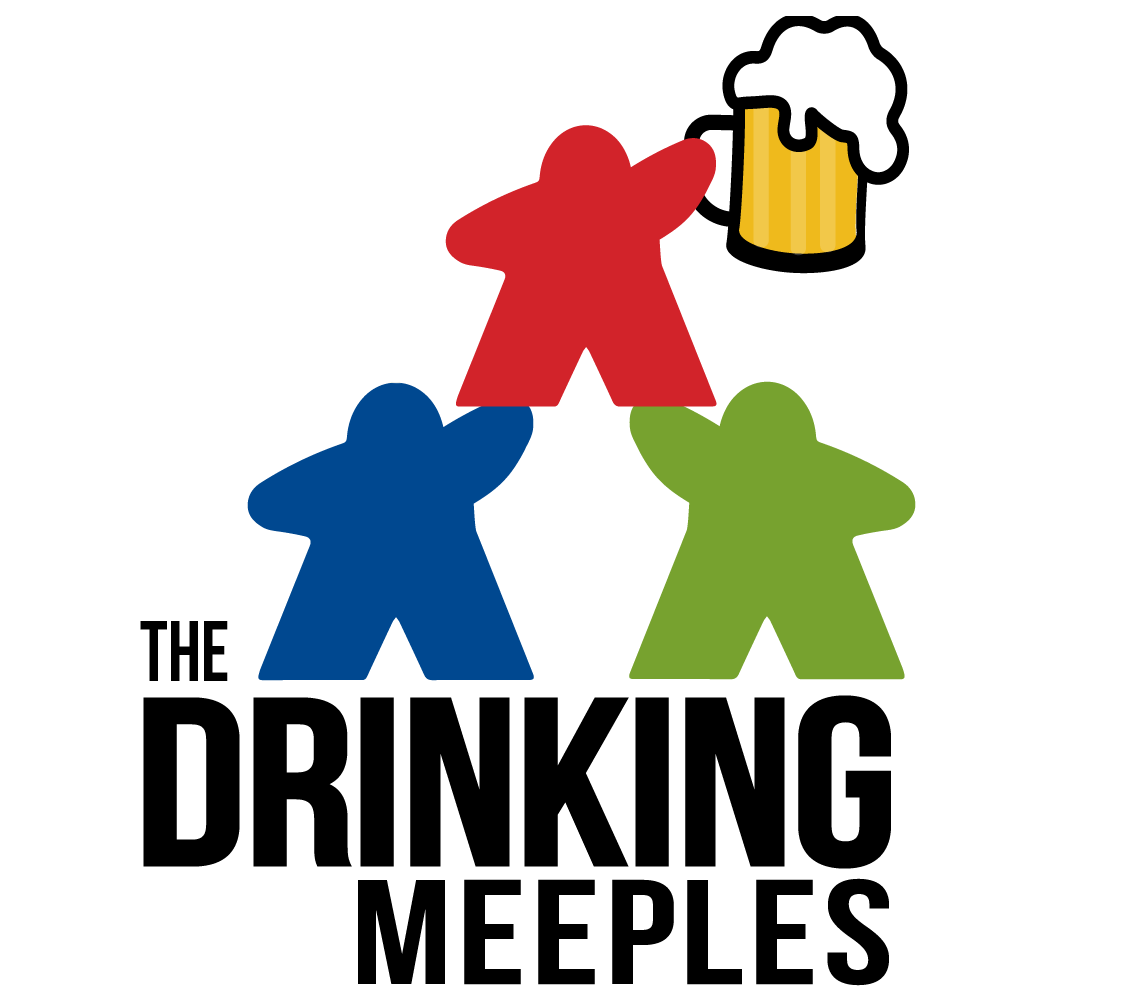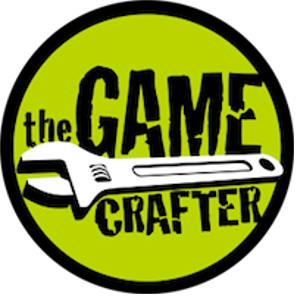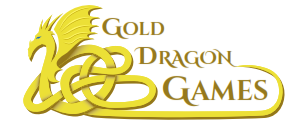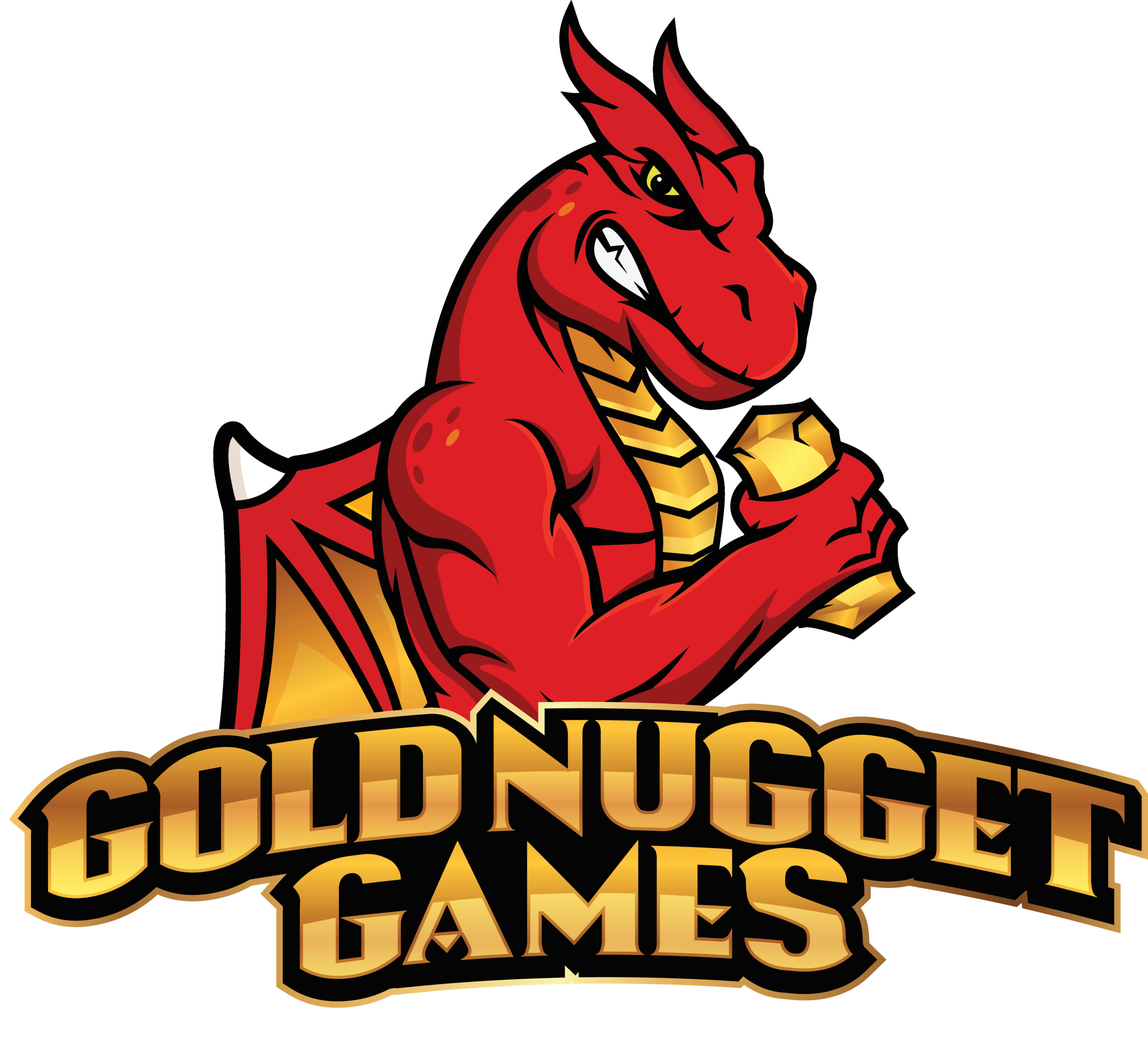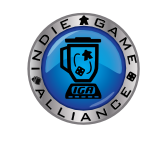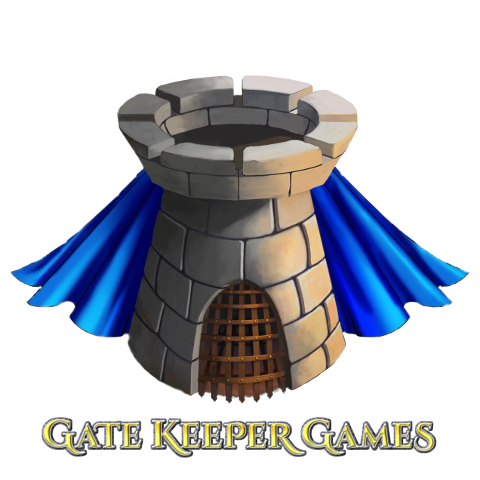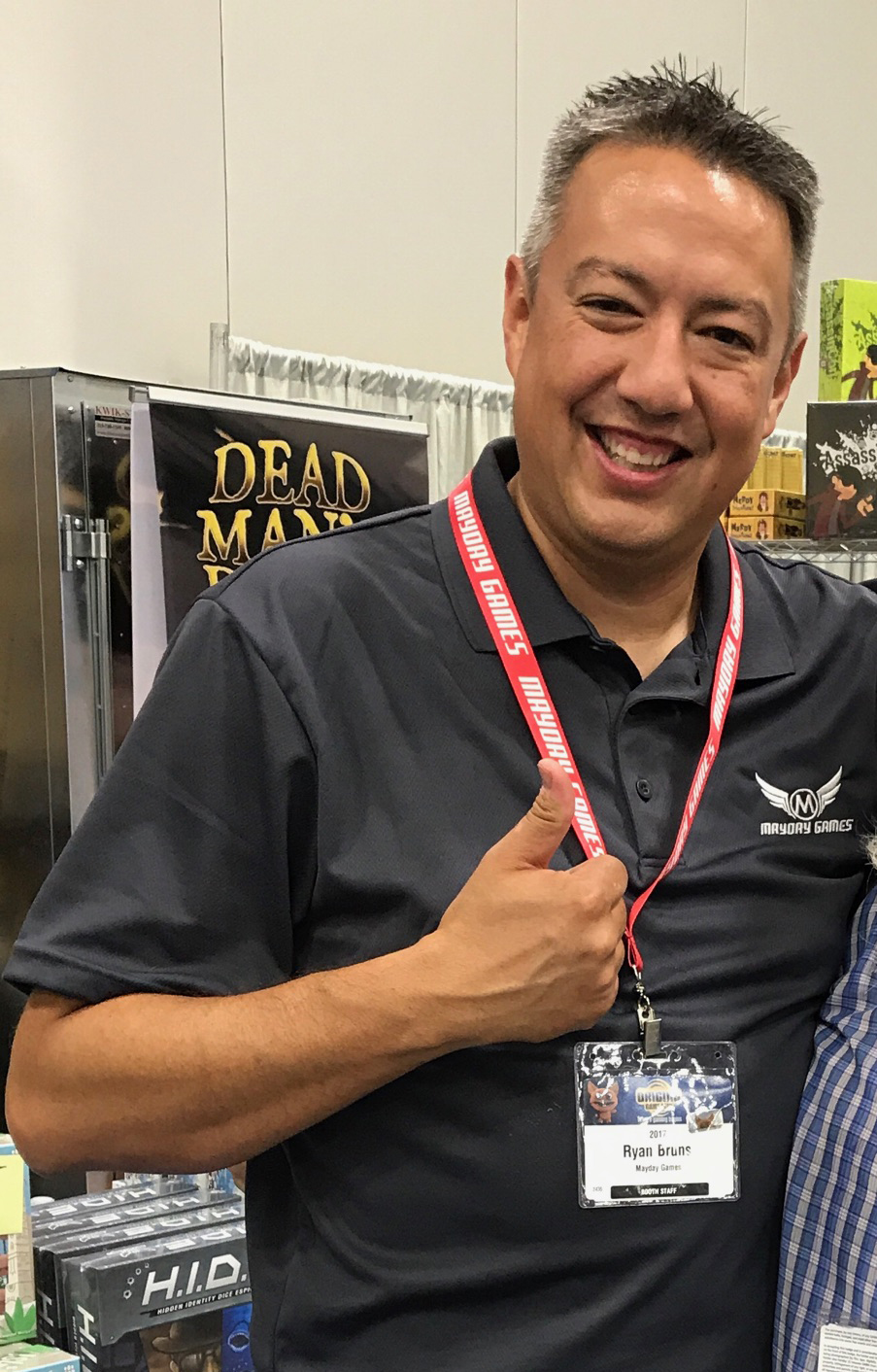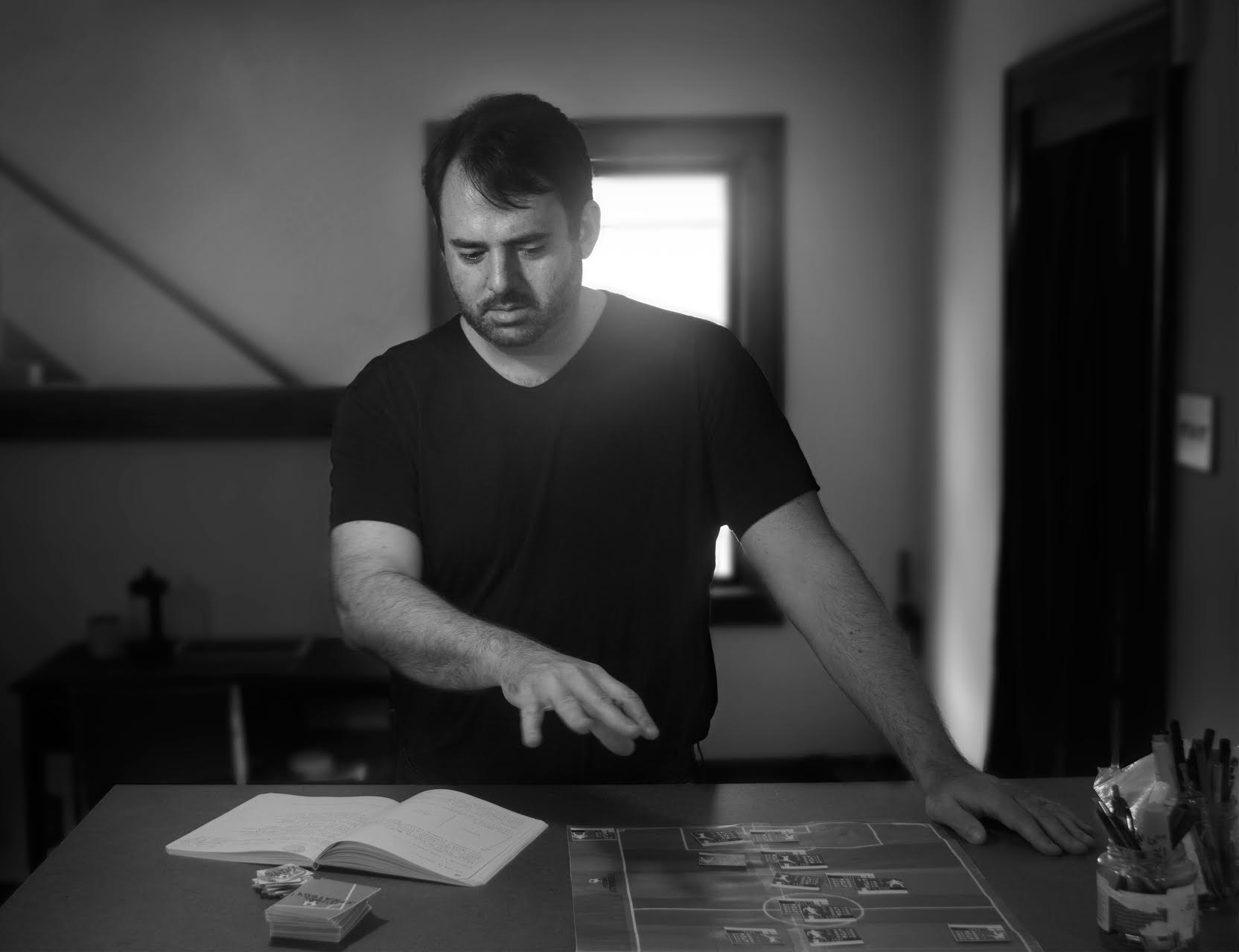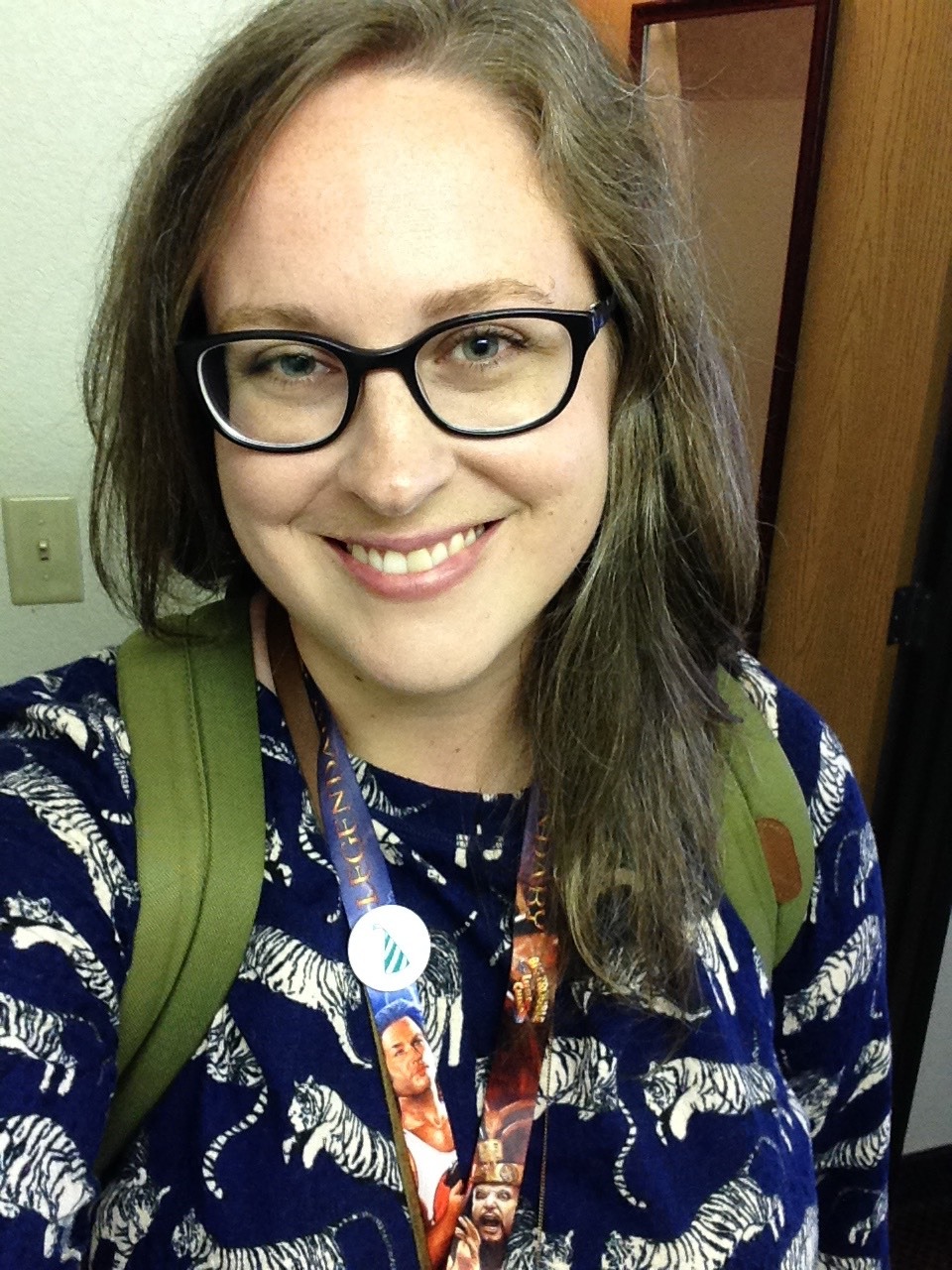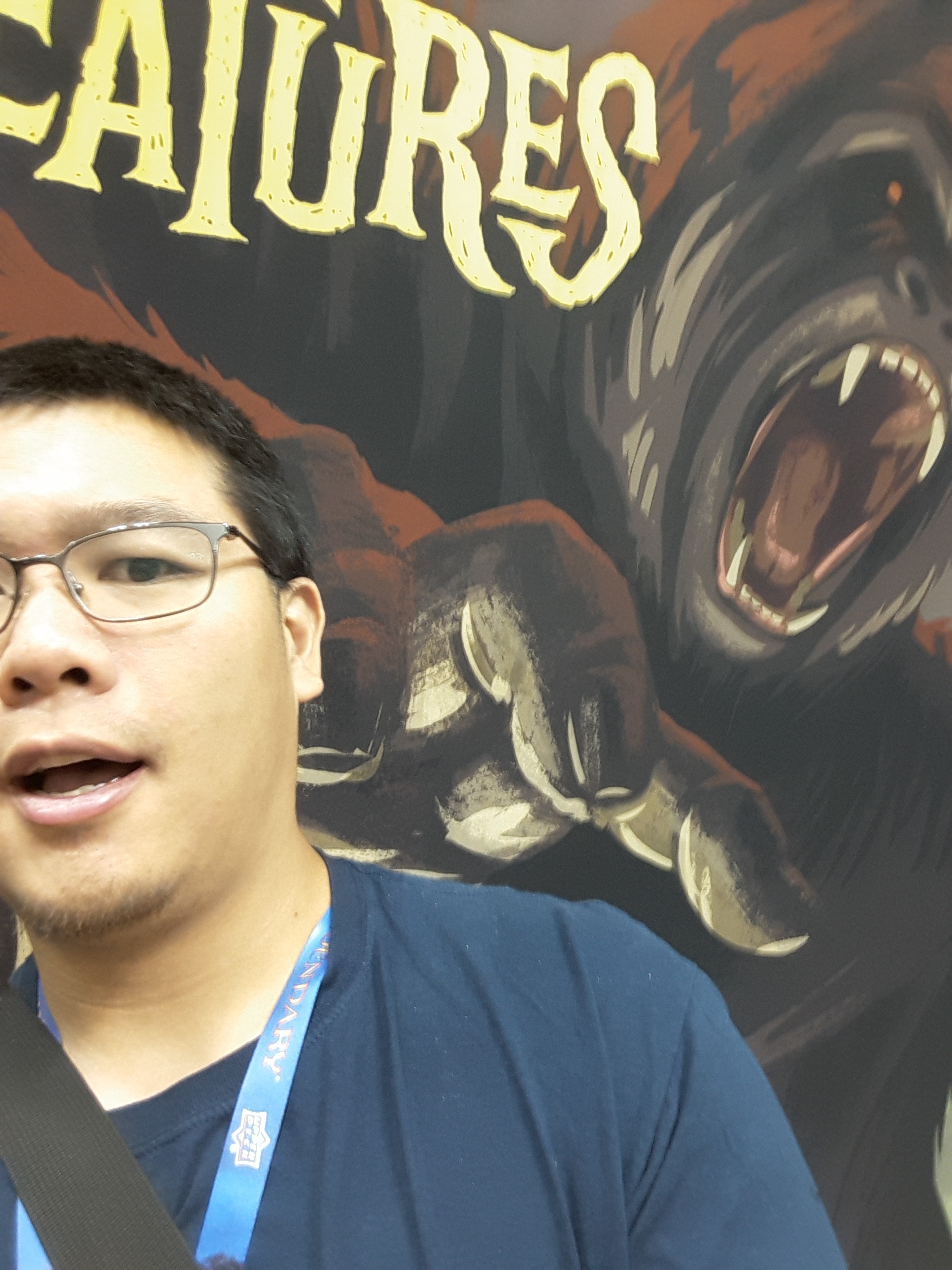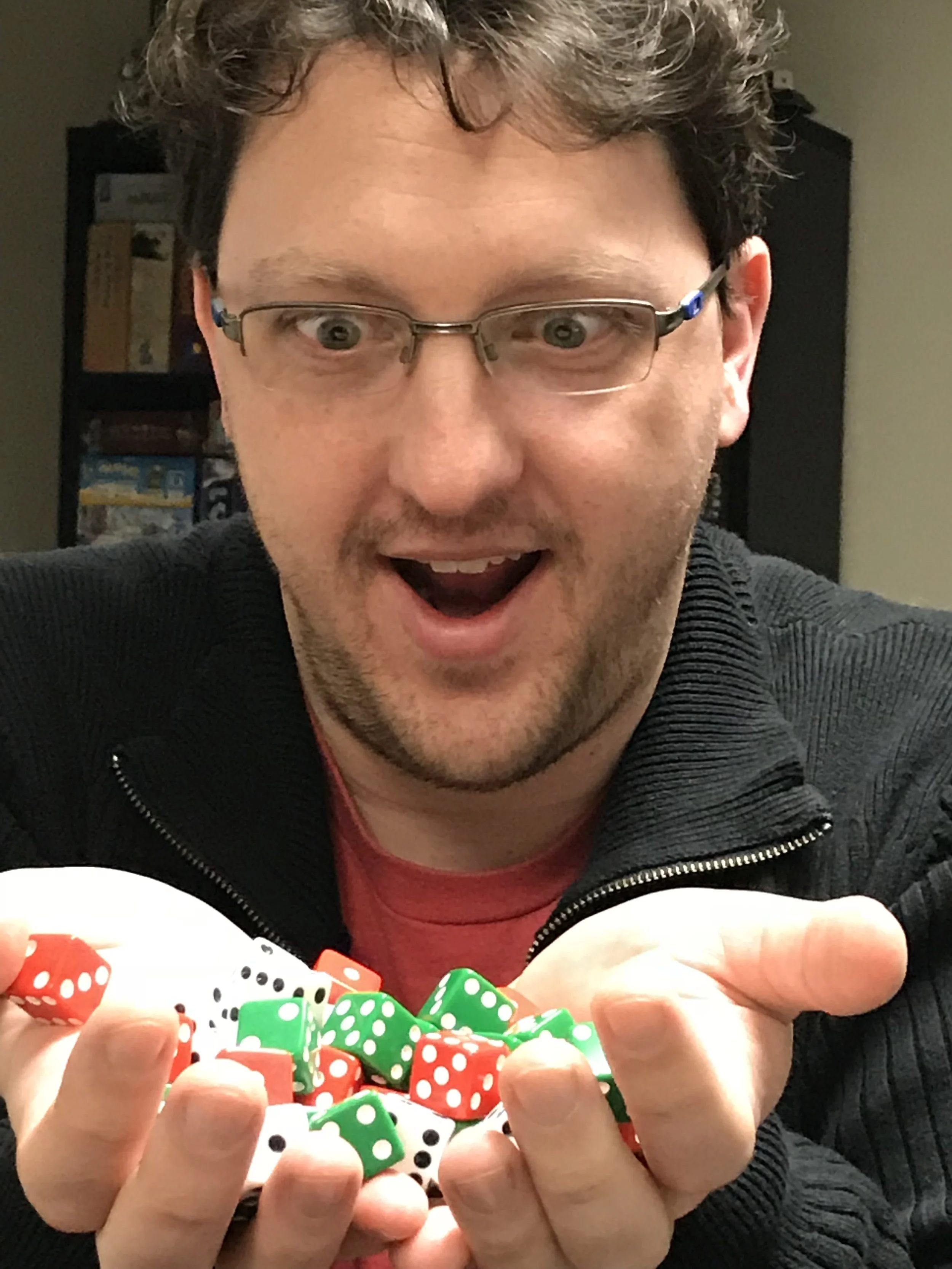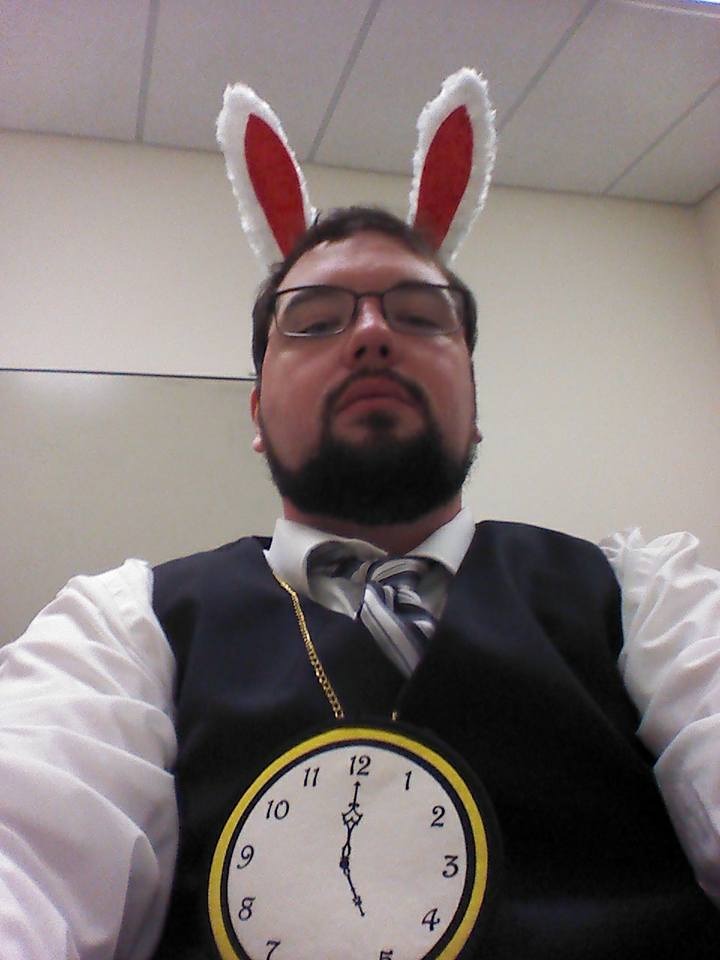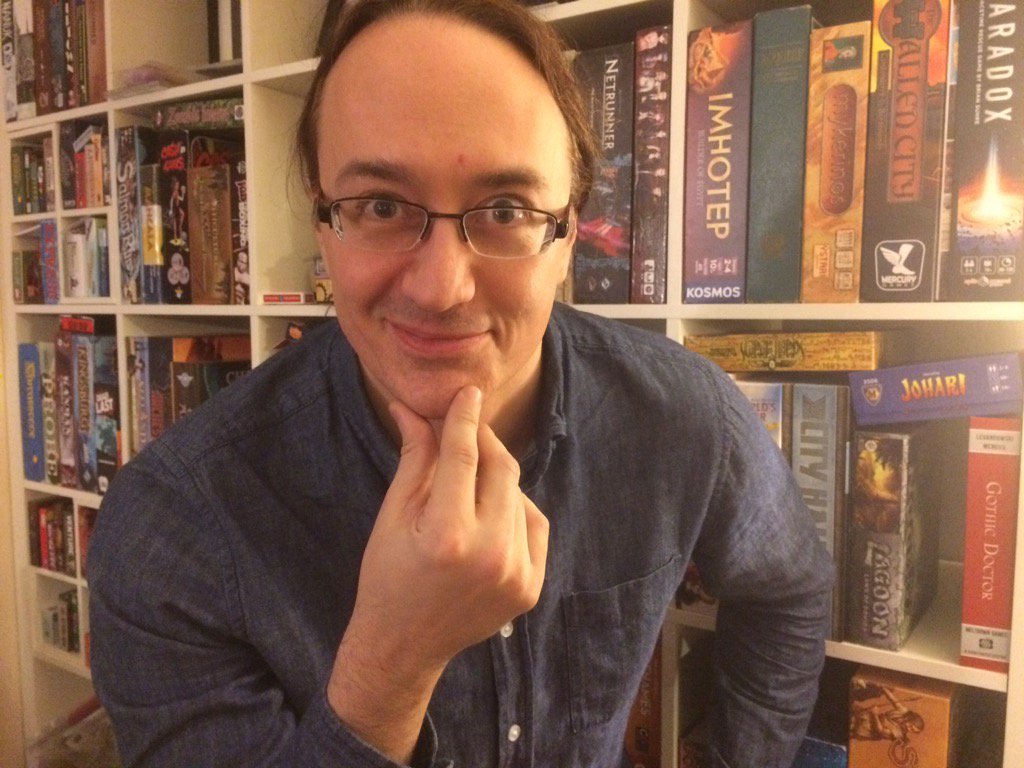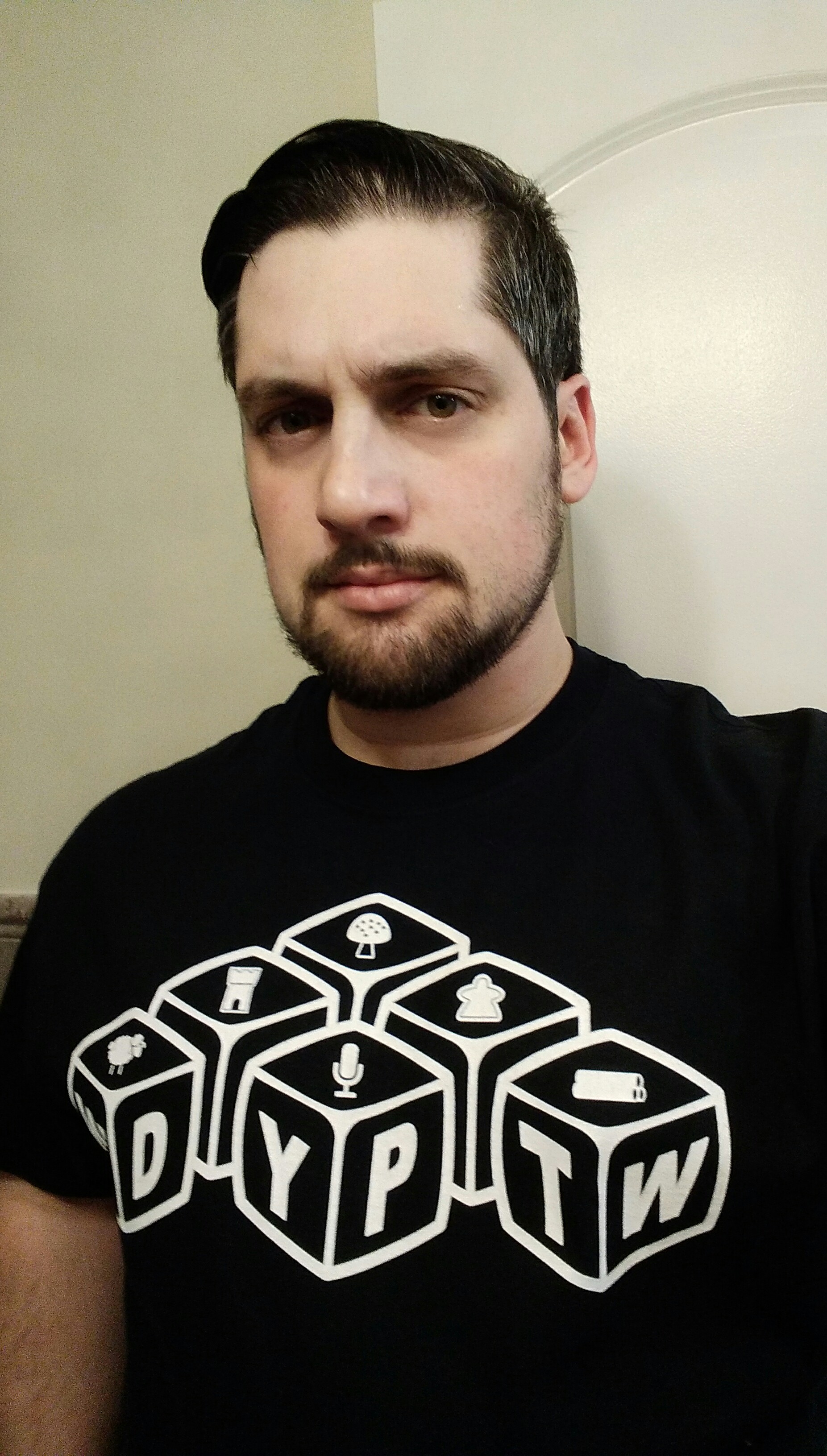The Cardboard Edison Award recognizes great unpublished board games
Announcing the winners of the 2018 Cardboard Edison Award!
Animal Kingdoms, first-place winner of the 2018 Cardboard Edison Award
First Place: Animal Kingdoms
Each player takes on the role of a house leader, battling to gain control of the five kingdoms. Cards in your hand represent noble beasts that have pledged their allegiance to you. Over the course of three ages, you must deploy your beasts to the various territories to gain the most influence.
Judges' comments on Animal Kingdoms
Beautifully executed design! The game is easy to teach, compelling to play, and I want to play it again.
The area influence and hand management came together into a neat, elegant casserole. This game feels slick, and very well-polished.
Modularity makes it very replayable. Decisions are tense and interesting.
Fantastic job! I truly enjoyed playing this and played it multiple times.
Well done, looking forward to seeing this on a shelf!
Steven Aramini, designer of Animal Kingdoms
About the Designer: Steven Aramini / @stevenaramini
Steven Aramini lives in Reno, Nevada, with his wife of 15 years, two dogs and two cats. He is a creative director for an advertising agency by day and a board game designer and fan by night. He caught the game design bug in 2014 when his first game, Yardmaster, won the Ion Award at SaltCon and later got published, and has been exploring design ideas ever since. When he’s not playing games, he loves camping, kayaking and traveling.
Second place: Runeshaper
Runeshaper is a light tile-placement game. You play as an inscriptionist looking to unlock the secrets of a magically encrypted artifact. Shift and manipulate the runes by sliding or stacking your tiles. Connect tiles of the same element to complete your secret code objectives.
Judges' comments on Runeshaper
The game is fast, smart, and does exactly what a good puzzle game should: it presents an analytical puzzle, and makes you feel clever when you solve it.
This is a solid abstract puzzle game. I love the sliding tiles mechanism, that simultaneously impacts which tile goes on the board and which tile you take out.
Very simple and smooth. Nice and approachable; easy to understand and good to play. I can see this getting picked up easily.
This game lived up to the hype. I loved playing this game, would buy it in an instant and would play it a lot.
About the Designer: Matt Nguyen / @mattbanguyen
Matt is a video game designer by day and a board game designer by night. He works at Ubisoft in San Francisco, where he has helped create South Park: The Fractured but Whole and Rocksmith. Now looking to make his mark on board games, he's endured the endless cycle of papercuts preparing prototype after prototype. Whenever he's not engrossed in his next big idea, he enjoys relaxing with family and friends or playing piano and violin.
Third Place: Point Salad
Point Salad is a deceptively simple card-drafting and tableau-building game. True to its name, there are many ways to earn victory points by drafting veggie cards and point cards each turn. In fact, in Point Salad, every single card has a unique scoring condition, which is paired up on the opposite side with one of six veggies.
Judges' comments on Point Salad
This is a super-simple, super-smooth game that will appeal to a LOT of people. You have a real winner on your hands.
It's a fun calculation to decide whether to take a new point card versus some veggies. The sheer variety of point cards make for lots of gameplay variation.
Easy to learn, easy to play, portable, and a lot of fun.
I could see this on shelves at a Barnes & Noble or Target right now, and if I did, I'd buy it to play with my family.
About the Designers: Flatout Games / @flatoutgames
Flatout Games is a board game design collaborative from Seattle and Winnipeg. Their mission is to help build an engaging, inclusive, and fun gaming community for everyone. They focus on designing family and gateway games that are easily accessible, but layered with strategic depth and replayability. They are also the hosts of Flatout at the Table, a podcast focused on board game mechanics and highlighting indie creators. Flatout Games is Molly Johnson, Robert Melvin, and Shawn Stankewich.
Finalists
Acquisition Expedition
Designer: Daniel Fremgen / @DobeyGames
In Acquisition Expedition, you play as archaeologists recovering treasure from distant ruins, balancing the space in your pack with the food you need to reach the ruins and the treasure you pick up along the way. The action selection mechanic keeps players engaged regardless of their turn, and hidden cursed relics add an element of tension and second-guessing to this crunchy, euro-style experience.
Capes
Designer: Gabe Barrett / @BGDesignLab
Capes is a cooperative game in which players take on the roles of superheroes to fight villains and thwart a mastermind's evil scheme. They must race to keep New York City from being destroyed and must work together to use their super powers and cunning to put evil back in its place. Because if New York falls, next is the world...
Dark Curios
Designer: Jim Graham / @WorldsmithJim
Dark Curios is a thematic dice-placement game. You are the owner of a select, appointment-only shop that sells magical artifacts, and you will leverage the benefits of the magical curios you have acquired and send your employees out to complete errands and tasks.
Dice Age: Eggstinction
Designers: Black Straw Games / @blackstrawgames
The Ice Age is approaching! The dinos must gather as much food and supplies as they can to grow and thrive. But the unpredictable volcano looming over their island has become much more active, wiping out resources almost as soon as they arrive.
Dicescrapers
Designer: Fredrik Skarstedt / @Fredrik_S
Dicescrapers is a competitive dice game where players, as construction companies, will stack dice to create the downtown, market, and suburbs of a lovely city. As players roll their dice, they will build dicescrapers, alter already built dicescrapers, and out-build the competition!
Flight Path
Designer: Nicolas Leuenberger / @Nicoradio
Players cooperate as air traffic controllers to guide incoming aircraft to the landing strip. Can you avoid collisions and fuel running out? And how will you handle unruly passengers or medical emergencies?
The Great Lawns of Ganymede
Designer: Aaron Andrew Wilson / @internetsmagic
The new geodesic cities of Ganymede need beautification. Your off-world landscaping company has been chosen to participate in Ganymede’s lawn-tech program to help make one city so beautiful as to be named the capital of the Jupiter moon.
Hunker Chunky
Designer: Aaron Franco / @paperwilds
Take on the role of a woodland animal preparing for winter. Use an action point system to move around the board, build shelters, and forage for resources, all while strategically directing the falling snow to stymie your opponents.
The Library is Burning!
Designer: James Meyers / @apollocontinuum
The Library of Alexandria is on fire! The knowledge of the world will be lost forever… unless you save it! Race through the library and grab what you can. The knowledge you save becomes more valuable as the wings of the library burn. Evacuate the books and gain the goodwill of the people! Save the library!
Scandal at the Louvre
Designer: Fabien Haond
Scandal at the Louvre is a tactical and deduction game where you have to distinguish genuine paintings from counterfeit ones using an original decryption system to reveal clues. The first player to find the three counterfeits is declared the winner.
Second Line
Designer: Rocco Privetera / @MightyFistGames
Second Line is similar to a deckbuilder, but using physical tokens on a map of the French Quarter. Players run haunted funeral parades in 1890s New Orleans. They win by being first to remove the ghosts from their parade. The parade uses music to move, uses Fun to acquire new tokens, and battles other player's parades with Voodoo, Undead, drunks, and revelry.
Yes, Chef!
Designers: Dennis Ku & Daniel Rocchi / @danielrocchi67
In Yes, Chef!, players are contestants in a cooking show, competing to fill as many food orders as possible, earn the respect of the head chef, and win the competition. Players will move around the work stations with a Mancala-type movement, collect ingredients, prepare them on their stove, and complete orders for respect points.
Cardboard Edison Best Practices 2018
New this year! Download the Cardboard Edison Best Practices 2018 book, filled with articles and interviews about board game design! The book contains new tips and advice for submitting your game to the Cardboard Edison Award, plus selections from our favorite game design articles of the past year! In the book you'll find:
- advice from past winners of the Cardboard Edison Award
- pointers for making a pitch video
- tips for writing rules
- notes on blind playtesting
- advice from longtime industry figures
- a board game design checklist
and LOTS more!
Sponsors for the 2018 Cardboard Edison Award
Alpha Player Level Sponsors
Game Master Level Sponsors
Meeple Level Sponsors
Judges for the 2018 Cardboard Edison Award
Click images for more information
Rules
To be eligible for the award, designs must not be publicly available through any retail, secondary or print-on-demand market, including Kickstarter, before May 2018. Designs must be original works that do not infringe on any intellectual property. Board, card and dice games are eligible. Sorry, no RPGs or videogames.
Submissions must include a brief description of the game, a video overview, and a rules document. See the submissions page for full guidelines and submission fee information.
Submissions will be judged based on engagement, originality of theme, and originality of mechanics. Finalists will be judged based on engagement, smoothness of play, and fit for target audience.
Submissions will go through two rounds of judging. Finalists chosen for the second round of judging will need to mail us a physical prototype for final judging. Finalists will receive full feedback from the judges.
One design will be chosen as the winner, at the judges' discretion. Judges are not eligible to enter.
Designs should be complete and playtested before being submitted. Prototypes do not need to have final artwork or graphics, but they should be clear and usable.
All designs remain the intellectual property of the designers.
FAQ
Can non-U.S. designers participate?
Yes! There are only two restrictions. First, the rulebook must be in English, and the components must be either in English or language-neutral. And second, you must be able to mail a physical copy of the prototype to the U.S. if your design is chosen as a finalist.
Can I submit more than one design?
Yes, you may submit as many designs as you want, provided you pay the entry fee for each.
Is the award only for new designers, or can published designers participate?
The Cardboard Edison Award is open to unpublished games from both new and published designers. As long as the game isn’t publicly available for purchase, it’s eligible.
Is my design eligible if it’s going to be on Kickstarter?
Sorry, the award is for designs that aren’t available as a final product. That includes any games that are on Kickstarter or will be before May 2018.
What if the design was released as a free print-and-play?
That’s fine, as long as it hasn’t been made available for purchase as a final product. But games that are available to purchase through print-on-demand outlets such as The Game Crafter or DriveThruCards aren’t eligible.
How finished does the game have to be?
There’s no hard and fast rule, but we expect that you’ll have thoroughly playtested the game and that it’s complete, or close to it, before submitting it. Complete games will naturally score better with the judges.
Is it OK if I know some of the judges personally?
Yes. To head off any conflicts of interest, each submission will be reviewed by multiple judges, and we'll aim to have judges review submissions by designers they don't know.
Why do I have to make a video?
Video submissions have been used to great effect in game design contests (including ours), and we think it's the best way of letting you highlight what's interesting about your game.
What needs to be in the video?
Use the video to tell us about the game and how it plays. Highlight what makes it unique and engaging. You don’t need to provide a full rules explanation or playthrough. And keep it brief. No more than 5 minutes. Your video can be as simple or complex as you wish, but we won't be looking at the video's production values when we evaluate the submissions.
Do I need to be in the video?
No. If you'd rather not have your face or voice appear in it, your video can describe the game using visuals and text. One option we'd recommend looking into is Adobe Spark Video.
What will the submission fee be used for?
The submission fee will help offset the costs of the award itself. The most significant expense will be the final judging event--volunteers need to eat!
What do I get if I win?
We created the Cardboard Edison Award to recognize a great unpublished game design. We’ll promote the winning design on our website and through social media. Also, the winner can use the award logo in any marketing materials for their design. In addition, all finalists will receive in-depth, detailed feedback from the judges’ panel.
What has happened to previous winners?
The Blood of an Englishman won the 2016 Cardboard Edison Award and was later published by Renegade Game Studios. Castell won the 2017 Cardboard Edison Award and is scheduled for a 2018 release from Renegade.
Will I get feedback even if my design isn't chosen as a finalist?
Yes! We will pass along notes from the judges that evaluate your submission.
How many finalists will be chosen?
About 10, but we might choose slightly more or less depending on how the first round of scoring goes. We also might give some games honorable mentions.
Can I get my prototype back after final judging?
Yes, we can send your prototype back to you or to a third party, if you like. We just ask that you pay for shipping.
Any Other Questions?
Contact us at any of the social-media accounts below.



